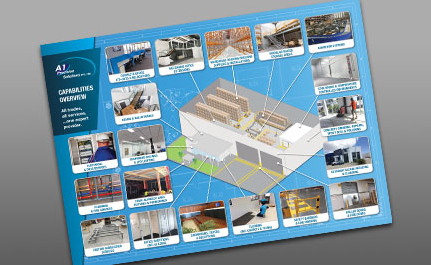COMMERCIAL OFFICES & BUILDINGS
- Concrete Slab Underpinning, Lifting, and Levelling
- Soil Stabilisation
- Concrete Slab Leak Remediation
- Consultancy, Design, Plans and Permits
- Office and Building Fit-Outs
- Office Extensions and Mezzanines
- Retrofits, Upgrades and Refurbishments
- Business and Office Relocations
- End-of-Lease Make Good and De-Fits
- Building Maintenance Services
- Civil Works
- Utilities and Site Connections
CONTACT US


Soil Stabilisation
Soil can become unstable due to erosion, general loosening, or interaction with buildings and machinery over time. This unstable soil can cause problems with structures built over or near it. Structures on or near unstable soil can settle, slip, or sit unevenly. This can all lead to damage to the building.
Without some sort of soil rectification work, problems with unstable soil will only get worse and damage buildings and other structures further.
Soil stabilisation can be done in a variety of ways, from simple retaining walls to more complex and heavy duty methods, and at A1 Precision Solutions, we’re proud to offer patented ultra-low viscosity polyurethane resin injection.
How Does Polyurethane Resin Injection Stabilise Soil?
Polyurethane resin is injected into soil to not only fill voids, but also help consolidate it so that erosion ceases and overall load bearing improves. The resin is of an ultra-low viscosity, which means it’s able to easily permeate through the soil, mixing with the soil and creating a solid structure. For voids and sinkholes, the resin is able to fill the empty area, creating stability for a structure.
Overall, polyurethane resin injection works well to stabilise soil in many situations including:
- Stabilising sandy and generally loose soils;
- Fixing and remedying sinkholes;
- Filling voids behind or under concrete;
- Stopping leaks and underground waterflows;
- Improving the loadbearing of soils.
The injection process is also often able to displace water, which is often the cause of ongoing erosion. Overall, the polyurethane resin injection process can help improve the load bearing properties of the soil.
It’s important that soil stabilisation through resin injection is conducted by a skilled professional. This is because the resin needs to be injected in the right quantities in the right places in order to be effective. This means that although resin injection is likely a good option for most soil stabilisation challenges, the project needs to be assessed by a professional, with a proper plan put in place. No two soil stabilisation processes are the same. Get in touch to discuss any soil issues.
CONTACT US FOR MORE INFORMATION ABOUT OUR PRODUCTS AND SERVICES OR TO REQUEST A QUOTATION
COMMERCIAL OFFICES & BUILDINGS
- Concrete Slab Underpinning, Lifting, and Levelling
- Soil Stabilisation
- Concrete Slab Leak Remediation
- Consultancy, Design, Plans and Permits
- Office and Building Fit-Outs
- Office Extensions and Mezzanines
- Retrofits, Upgrades and Refurbishments
- Business and Office Relocations
- End-of-Lease Make Good and De-Fits
- Building Maintenance Services
- Civil Works
- Utilities and Site Connections
